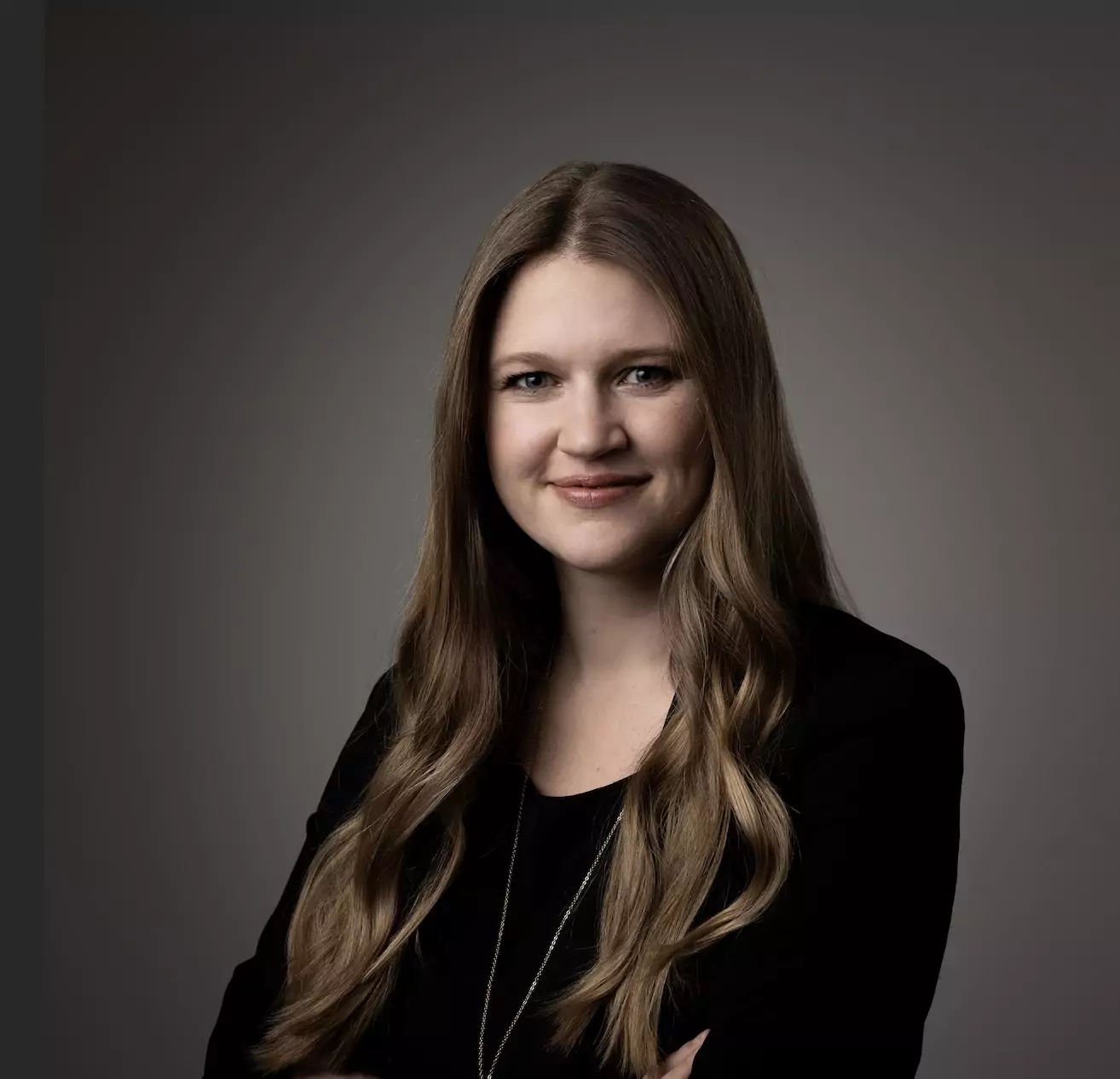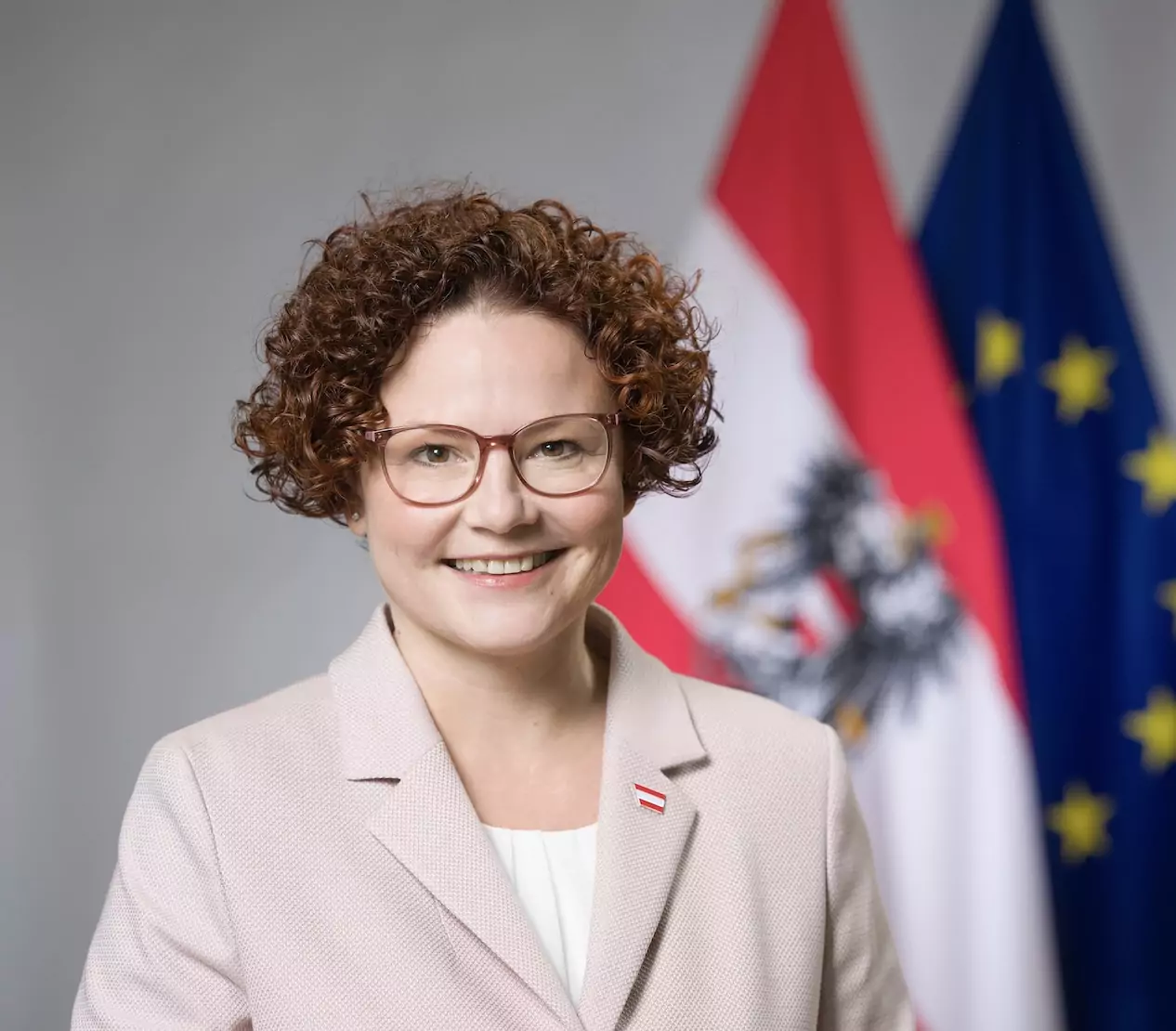The new Austrian government, in office for about two months and the result of a coalition, has, for the first time, an institutional figure dedicated to start-ups. She is State Secretary Elisabeth Zehetner (pictured) whose official position is state secretary for energy, start-ups and tourism. Before taking up this position,” she tells Startupbusiness, “I worked for the Austrian chamber of commerce and coordinated the work of a think tank dedicated to the relationship between business, innovation and climatech, now my task is to support the development of innovative companies in Austria, starting from a terrain that has already proved to be fertile and that has so far allowed the birth of six unicorns: Bitpanda, Cpadata, TTTech Auto, Refurbed, Tricentis, Loxone and is based on data that I consider to be very important: 41% of start-ups are already profitable, 19% are founded by entrepreneurs from abroad, around 30,000 jobs have been created, plus the fact that there are around 400 multinationals in Austria, some of which have decided to set up their offices here for the entire DACH (Germany, Austria, Switzerland, ed.) and CEE (Central and Eastern Europe, ed.) market’. Added to this are vertical initiatives on artificial intelligence such as the AI Factory of the TU Wien, the Vienna University of Technology, and the lifescience research centre.
Since 2013, more than 3,700 startups have been founded in Austria, with an average of around 370 new companies per year. The largest funding in 2024 involved Gropyus (EUR 100 million), Storyblok (EUR 74 million) and Prewave (EUR 63 million). The IT and software development sector accounted for by far the largest percentage (30 per cent) of new start-ups founded last year, the Austrian Startup Monitor shows. Seventeen per cent can be classified as deeptech start-ups. The share of startups in the lifescience sector, traditionally a strength of the Austrian economy, also rose sharply in the previous year to account for 14 per cent of new companies, according to the Life Science Report Austria. Since 2022, the share of international founders in Austria has increased by four percentage points, reaching 19 per cent in 2024. Austria is the leading EU member state for female start-ups: in 2024, 22% of new companies were founded by women and at least one woman is involved in 37% of start-ups.
On the strength of these numbers Zehetner also intends to accelerate on the creation of the fund of funds, with the potential support of the European Investment Fund (EIF), capable not only of involving investment vehicles, including institutional ones, in the start-up financing process, but also of fostering attractiveness to international investors: “The aim is to ensure that Austrian start-ups, even in the growth phase, can scale up without leaving the country, so we want to make the bureaucratic system simpler and potentially the FlexCo formula that allows innovative companies to be easily established by, for example, making all the necessary documents available in English“. FlexCo (which we have written about here ) has been formally active since the beginning of last year and today there are already 700 operational companies established under this formula.
The Secretary of State also plans to work with her counterparts within the EU in order to accelerate a process that can foster the development of a European framework to support start-ups: ‘I believe that the reports signed by Draghi and Letta are important in setting the direction, I am convinced that we must be very ambitious because ambition is not a luxury but a necessity, we need to work both at local and EU level also in defining best practices, for example we are looking at how other countries have declined the concept of fund of funds, we are also involving large companies with a focus on sectors such as biotech and greentech and the fact that we also have expertise on tourism and energy is a further valueand we coordinate with universities, acceleration programmes and aim to build, also through training, an increasingly solid mentality as a country that considers start-ups fundamental’.
Already today, more than half of the start-ups in Austria (52%) receive public subsidies, which in turn facilitate subsequent access to venture capital investments. There is also a growing dynamism in corporate venturing, with initiatives such as Verbund X and Red Bull Ventures. In addition, Austria is among the top three countries in the EU for direct funding of research and development, starting with the 14% tax credit for research, and also thanks to the work of the Austrian Business Agency (ABA), which since 2020 has assisted 181 international start-ups and scale-ups in opening or expanding their business in Austria, a number that continues to grow, these companies have so far invested EUR 295 million in Austria, creating more than 1,160 new jobs. “ABA is the first point of contact for international start-ups and founders, it knows what it takes to succeed in global competition. ABA supports companies throughout the establishment process, puts them in touch with research and business partners and offers numerous services, free of charge, as a public agency,” emphasises the state secretary, who, like ABA, is part of the Federal Ministry of Economy, Energy and Tourism (BMWET)
The meeting with the secretary of state took place during ViennaUp, the festival dedicated to start-ups that Vienna hosts every year and that has one of its highlights in the Connect Day event that was opened by the speeches of Florian Frauscher of BMWET, Bernhard Sagmeister managing director of Austria Wirtschafts service (AWS) and Werner Müller of FFG Austrian research promotion agency. These three institutional entities are already working in synergy and in the direction outlined by the Secretary of State, e.g. AWS already invests in both Austrian and international venture capital funds that also invest in Austrian start-ups. The idea is to also attract start-ups from abroad and even from outside Europe with a focus on Asia, which have already shown great interest in choosing Austria as a base for their operations in Europe. Also giving strength to the Connect Day was the presence, in addition to ABA and the Vienna Business Agency, of Erste Bank, which according to one of its managers, Maximilian Clary, is today the only bank in Austria to provide a dedicated service for startup founders right from their first steps, and of Nvidia, A1 Telekom, Eli Lilly Ventures, Verbund X Venture, Infineon and Magna, which presented themselves with the reverse pitch formula, i.e. the pitch made by corporations and investors, and the presentation of EIT Manufacturing.
Start-ups and investors
Some of the international start-ups already active in Austria told about their experiences at Connect Day, such as the French company Electra, which, explained country manager Sébastien Aldegué, is building a European network of electric vehicle recharging stations, founded in Paris in 2021 and operational in Austria since 2023, with a network in 10 countries. CalmStorm, which, explains Stephanie Urbanski, managing director and COO, makes early-stage co-investments in healthtech start-ups throughout Europe, in particular focusing on start-ups that digitise the health sector, has two funds with a total of EUR 40 million, has already approved 80 investments with an average ticket of EUR 200,000, and then Speedinvest, one of Austria’s leading investment vehicles that has already invested in 400 companies, where Markus Lang works as general partner, who explains how it is crucial to “unlock the mechanism to involve entities such as pension funds, trusts in investing in start-ups in order to have more capital available and thus make more investmentsToday, start-ups that scale up are almost forced to go to the US, as Spotify and Revolut did, for example, which is fine because they can grow faster that way, but the financial returns of those investments do not stay in Europe, and it is this aspect that we need to strengthen, so that the virtuous cycle of European capital investing in European companies is triggered, so that they grow and then reap the benefits and make further investments.
One of the Austrian companies that is showing great promise and that only a year ago closed a EUR 63 million Series B round led by Hedosophia and with the participation of Creandum, Ventech, Kompas, Speedinvest itself and Working Capital Fund, which were already in the capital, is Prewave.
“Our technology improves supply chain management,” explains co-founder and co-CEO Lisa Smith, “it reduces all possible problems along the supply chain and enables companies to achieve sustainability goals faster. This is possible thanks to the natural language interface capable of understanding risk events in many languages and doing so in real time and anywhere in the world’. The solution of Prewave is adopted by companies such as Lufthansa, Toyota, and Ferrari and provides an up-to-date and complete view of everything that happens along the entire supply chain, so not only on direct suppliers but also at multiple levels: “The uniqueness of the solution is that it solves both risk and environmental impact issues at the same time and we are the only ones to do so.It reduces activities with a high level of danger for human operators, makes organisations more quickly adhere to regulations, which results in more efficient organisations that are able to save millions of euros immediately and visibly and can therefore grow, so it is not a question of replacing human labour but of reorganising processes intelligently and unlocking new resources that allow new jobs to be created.

Prewave is currently focused on the European market with its head office in Vienna, an office in France, and has started working on expansion in the US where it already has some customers and employs 230 people: ‘Our mode of offering is Saas, we usually do three-year agreements and target mainly the automotive, airline, insurance, and banking sectors, automotive being our true core-business and our solution is making a real contribution to ensuring that the European automotive industry maintains its competitiveness even in a scenario such as the one we are currently experiencing, which is rapidly changing and which in any case also requires non-European operators to adapt to the standards we have in order to be able to operate in our markets. Having a stable supply chain is a fundamental element if then, as in our case, it has integrated sustainability, it is clear that for our customers we become a true partner because we are also very flexible and therefore able to adapt our solutions to the challenges of the market, to react quickly to changes and therefore to continue to improve our platform’. (photo: BKA Andy Wenzel)
ALL RIGHTS RESERVED ©
